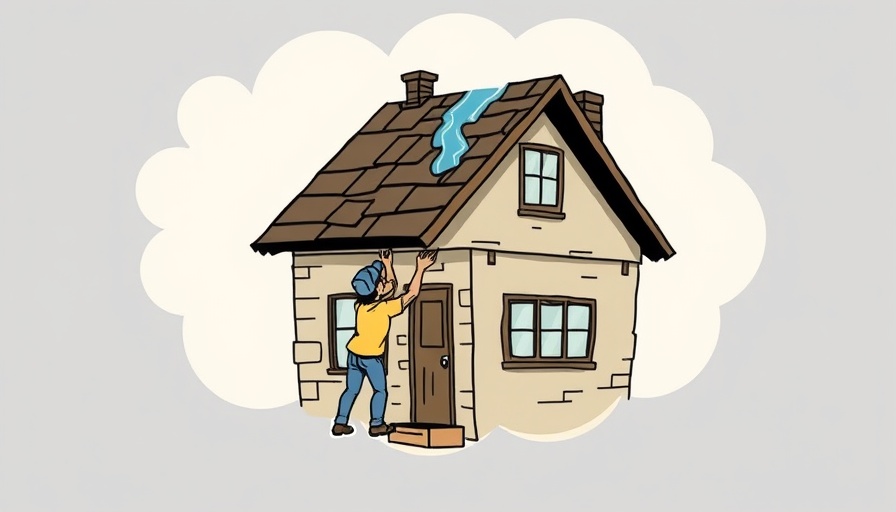
The Housing Crisis: A Global Perspective
Many families around the globe find themselves trapped in a cycle of inadequate housing. Living in substandard conditions severely affects their health and overall well-being. These families often must improve their homes little by little, taking years, sometimes decades, to achieve even basic comfort. The dream of better housing can feel unattainable when the costs of improvements are prohibitively high.
In 'Policy matters for affordable housing finance (1.1)', the discussion dives into the critical need for accessible housing loans, exploring key insights that sparked deeper analysis on our end.
Understanding the Financial Barriers
Housing loans serve as a crucial lifeline by providing access to substantial upfront funds that can be paid back over a longer period with comparatively low interest rates. Unfortunately, in many low-income countries, the adults who need these loans the most often can't qualify. Many work in the cash economy, have unclear rights to the land they inhabit, and deal with financial institutions that fail to provide adequate housing loans.
Microfinance's Role in Housing
While microfinance institutions strive to bridge this gap, they are generally limited by regulations that restrict them to offering business loans. These loans typically come in smaller amounts and have short repayment terms, which are not suitable for housing needs. As a consequence, up to 20% of micro business loans, often carrying higher interest rates, are redirected to cover housing costs. This detour highlights the pressing need for specific loan products dedicated to housing.
The Benefits of Housing Loans
Providing targeted housing loans can benefit everyone involved, not just families seeking better living conditions. Financial institutions stand to gain from entering into a growing market, while investors enjoy diversified portfolios with low credit risks, thanks to the historical performance of housing loans. National governments, in turn, see their GDPs increase as access to quality housing promotes economic growth.
The Importance of Supportive Policies
The role of policymakers and regulators is vital in fostering an environment conducive to expanding housing financing. When effective measures are put in place, it can facilitate the flow of funds into affordable housing markets, benefiting all parties involved. Enhanced financial inclusion alongside consumer protection policies not only uplifts families but also strengthens communities.
Community Empowerment Through Housing
As we reflect on the challenges of access to adequate housing finance, it becomes crucial to celebrate the local initiatives working tirelessly to address these issues. Grassroots programs and community organizations play an essential role in connecting families with resources and information about housing loans, which can transform lives.
Raising awareness and encouraging dialogue around affordable housing finance is a critical step forward. Everyone deserves the chance to live in a home that supports their health, safety, and happiness.
To take action, become involved. Engaging with community organizations that address housing issues or advocating for policies that promote accessible funding can create ripples of change in improving housing quality for families in need.
 Add Row
Add Row  Add
Add 


Write A Comment